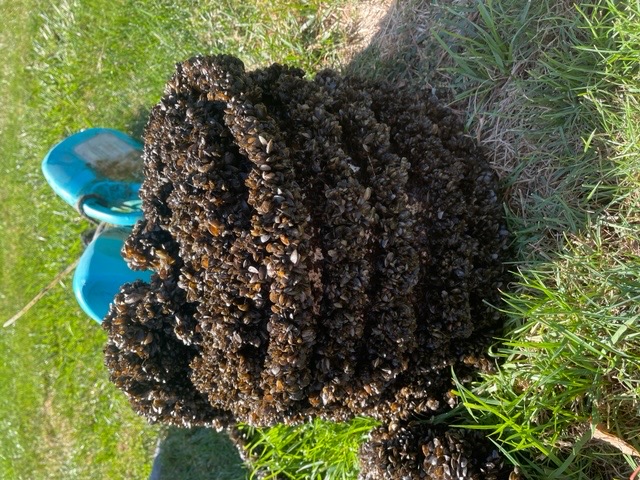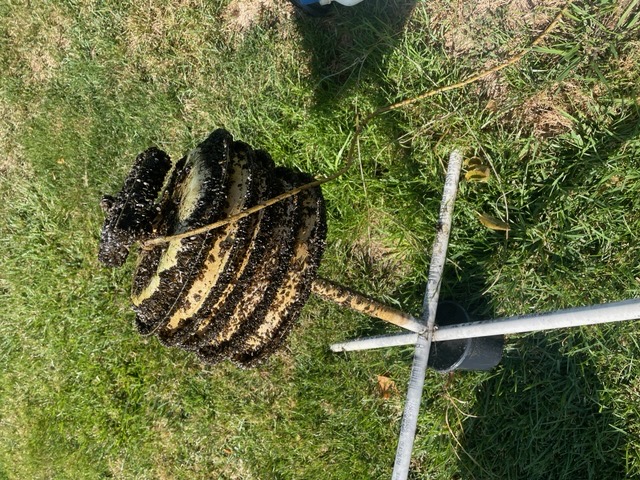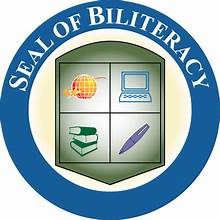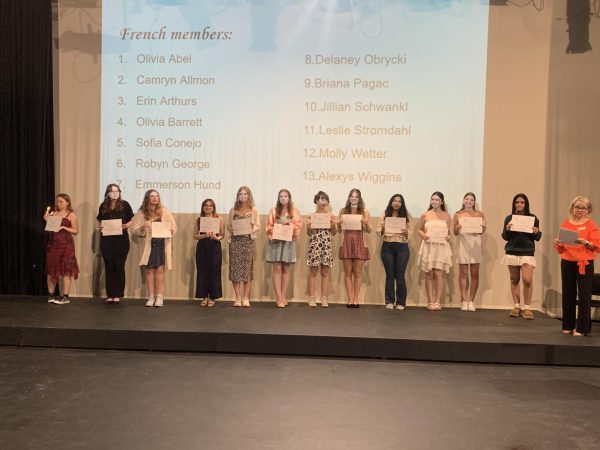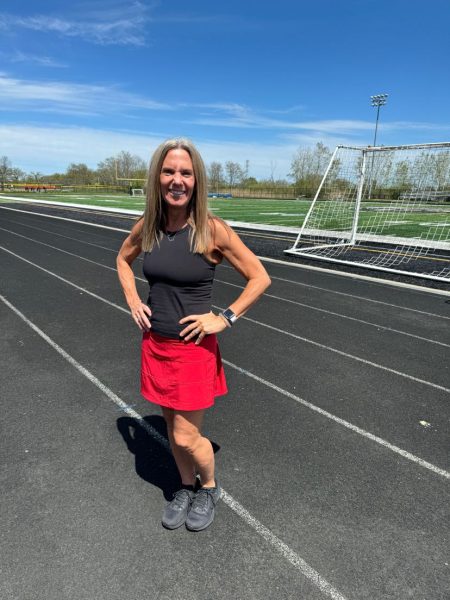Environmental science offers summer internship
Research has been conducted at Highland Lake to find an effective way to deal with zebra mussels, an invasive species taking over the Great Lakes. Joseph Rogalski, a science teacher at Grayslake North, has been involved with this research for quite some time and has been providing it as an internship opportunity for students to help them get to know the world of science. There have already been some promising results.
“The subject is zebra mussels in Lake County,” Rogalski said. “We’re seeing not just results but dramatic results. So if this system ends up working, we could be the first in the world that finds a way to treat these zebra mussels effectively, and that would be incredibly and scientifically huge but also potentially lucrative.”
The ultimate goal is to find a way to effectively kill the zebra mussels without doing damage to the rest of the freshwater ecosystem. The team has developed a solution of copper and other various chemicals that, when applied to the water, achieves their goal of safely removing the invasive species.
“There is definitely a least destructive way to deal with zebra mussels,” said ensign Wendy Keane. “We’ve noticed that our solution that we’ve used to treat the lake has worked very well and we’ve gotten a very large amount of zebra mussels out of the lake.”
An ensign is one of the many rankings given to the researchers involved in the project. The head of the project, John Sonnenberg, is referred to as ‘admiral Sonnenberg.’ Rogalski has achieved the title of vice admiral and new recruits, normally students, enter as ensigns, checking samples and collecting data.
“I usually go around the lake and collect zebra mussels from the cages,” said ensign Lizzie Green. “You just need to count the dead ones and you can throw those back into the lake.”
The internship is not just doing grunt work, it is an avenue for gaining knowledge about invasive species and how scientists deal with problems. It is an avenue to learn about freshwater ecology and the environment, both of which affect society on a daily basis.
“I thought it was a really good experience, and I learned a lot about organisms like this, how they grow, how they work,” Keane said. “I had no idea just how dense organisms are in water and how many different components there would be to get rid of a problem as big as an invasive species. It was very interesting, and it was not at all what I thought I would get out of it. I thought I would get a good experience, which I did, but I also got a lot more knowledge than I thought I would.”
Alongside knowledge, for some, zebra mussels affect their daily life because they live on the very lakes that the mussels thrive in. Many Grayslake North students actually live on Highland Lake, where the current research is conducted. For them, the internship is a way to learn about themselves and their home.
“I participated mainly because it was on my lake and it was directly impacting me,” Green said. “But I also think that it was interesting to learn about the zebra mussels and where I live.”
Because of the work done by everyone on the team, the solution has yielded promising results, and the team hopes to expand. Zebra mussels are a problem in the Great Lakes, and the current success of the solution has interested state representatives and even people outside of Illinois. The efficiency of the solution is a promising cost effective way compared to the current methods of dealing with these mussels.
“The United States has to spend somewhere in the billions of dollars every year scraping off these zebra mussels so they don’t clog up all the waterways,” Rogalski said.
By expanding the project to various other lakes, the researchers aim to replicate the same successful results that they have attained in Highland Lake. And this aspect of research and dealing with the problems it aims to tackle is reflective of the scientific method and the goal of science itself.
“The most frustrating thing being a high school science teacher is pretending that this is real science,” Rogalski said. “You graduate high school thinking science is just memorizing facts, and that’s not it. Science is ‘we have a problem’ or ‘I have a question,’ let’s find an answer to it. This is real science. You’re not sitting around in a lab in a white lab coat with glasses on. You’re out there, literally all summer, out there on a lake one, two, three hours at a time, enjoying our time together, talking, learning from each other, and having fun in the water. That’s real science.”
